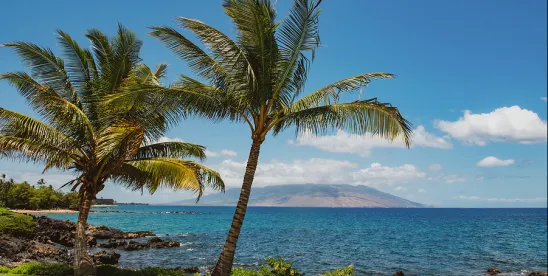Hawai’i is generally an unfavorable jurisdiction for insurers given its “legal uncertainty rule,” under which there is a duty to defend if a determinative issue is nationally disputed and not yet decided in Hawai’i. However, as the Hawai’i Supreme Court recently clarified, that rule does not apply if the coverage issue debated nationally is not determinative. In Aloha Petroleum, Ltd. v. National Union Fire Insurance Company, 557 P.3d 837 (Haw.’i 2024), two counties sued major oil companies, alleging that they knew, in the 1960s, that their products would cause climate change and acted, at a minimum, recklessly in selling fossil fuels, damaging the counties. The Hawai’i Supreme Court addressed two certified questions from the state’s federal district court.
The Result
First, the court held that, in ordinary parlance, an “accident” can include reckless conduct. Using the example of a taxi driver running a red light while texting, that is considered an “accident,” even though the behavior qualifies as “reckless.” Only if the insured intended to cause the harm—the law infers an intent to harm—or the harm was “practically certain” would the court find the “accident” requirement unsatisfied. The court disagreed with the Virginia Supreme Court’s ruling in a similar climate change case because Virginia applies a different standard under which a “natural or probable consequence” of an insured’s voluntary act is not an “accident.”
Second, the court held that under a “total” pollution exclusion, greenhouse gases were “pollutants.” This was true regardless of whether the court restricted the pollution exclusion to traditional environmental pollution (a rule the court adopted) or interpreted the exclusion literally (as some other state high courts have). Distinguishing a Wisconsin Supreme Court decision holding that carbon dioxide in an office building was not a “pollutant,” the Hawai’i Supreme Court explained that “[c]arbon dioxide may not be a pollutant in a single office building, but it is when billions of tons are added to the atmosphere every year.” Rejecting the policyholder’s argument that only hazardous wastes fall within traditional environmental pollution, the court reasoned that “reducing GHG emissions is the most consequential environmental pollution issue our species has faced.” The reasonable expectations doctrine could not preserve coverage for the policyholder because “[i]f a business sells a product that is inherently polluting, that fact must be part of its reasonable expectation.”
Takeaways for Insurers
Overall, this case bodes well for insurers on this critical, high-exposure issue. If policyholders cannot prevail in a jurisdiction with more policyholder-friendly insurance law, they are unlikely to prevail elsewhere.



 />i
/>i
